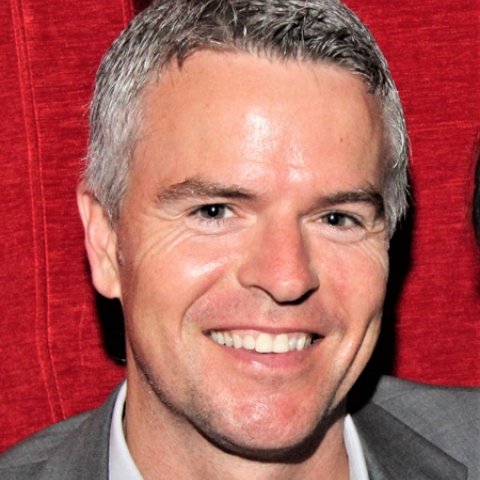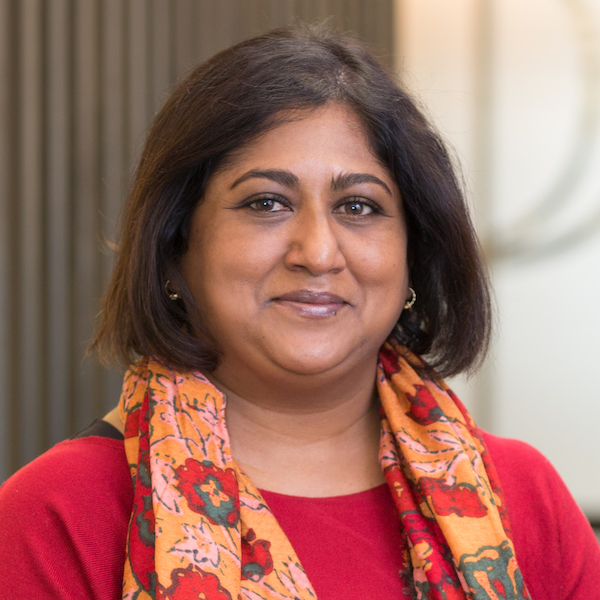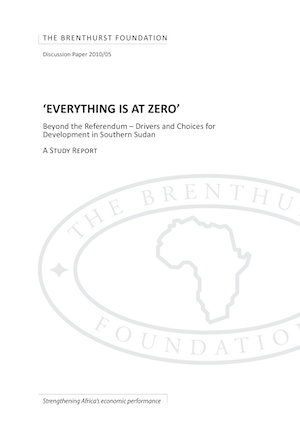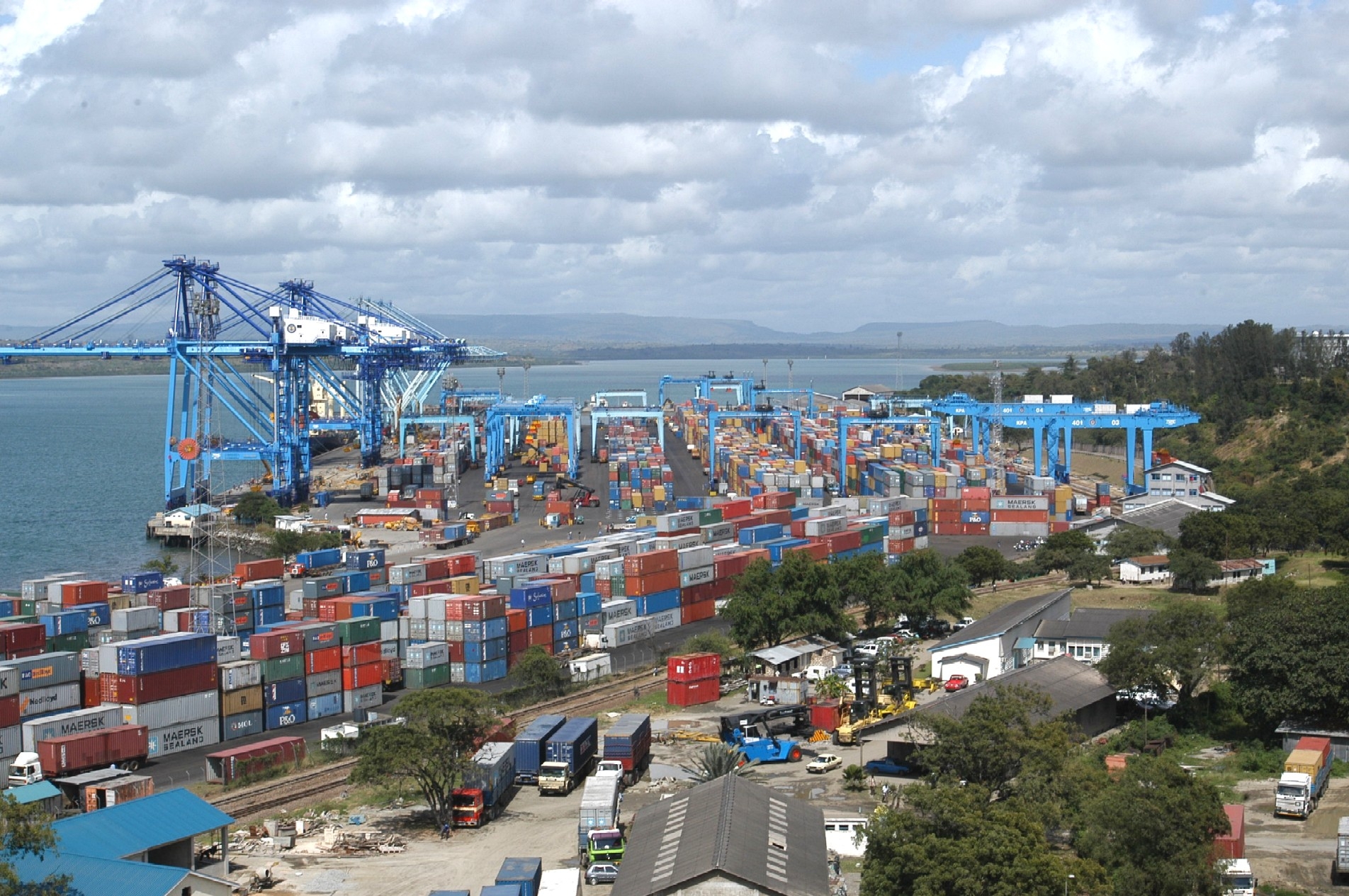Publications
Everything Is At Zero - Beyond the Referendum

Former Deputy Director, The Brenthurst Foundation

Project Administrator

Director, The Brenthurst Foundation
Everything Is At Zero - Beyond the Referendum, Drivers and Choices for Development in Southern Sudan
This Discussion Paper, based on the findings of a research visit to Juba, Khartoum, Addis Ababa and Djibouti from 1-11 November 2010 conducted by a delegation of The Brenthurst Foundation, examines the political and economic challenges facing Southern Sudan.
The aim of this paper is not to add to the extensive body of recent studies speculating on the various scenarios and potential consequences of the referendum slated for 9-15 January 2011, which should decide whether Southern Sudan separates from the northern part of the country and becomes an independent state. Serious efforts are currently being made by the parties themselves, the African Union, regional partners, the UN and other international stakeholders to address the immediate issues that might arise in the run-up to and following the referendum. This Paper, rather, focuses on the major developmental challenges that need to be tackled urgently in Southern Sudan, regardless of the referendum’s outcome, in order to improve the lives and prospects of its long-suffering inhabitants.
Key findings of the Paper include:
- Southern Sudan will need to build and reinforce economic linkages with the northern economy in order to develop rapidly and help guard against renewed North-South conflict.
- Interdependence with the north could take the form of a common currency; soft borders for trade and people flows; co-management of the White Nile and oil pipeline. Means to formalise these ties might include a customs union; increased cross-border infrastructure; revenue sharing; and new politico-economic structures for ‘joint administration’ of specific resources and interests.
- Senior policy makers in Southern Sudan should focus on the twin interconnected priorities of establishing a tax base and private sector development rather than compete for aid flows.
- To make agriculture the primary engine for non oil growth, a robust framework for encouraging commercial-level private investment should be devised. Aid should be carefully aligned to assisting this end.
- A significant re-balancing of Southern Sudan’s massive expenditure on defence with other budget priorities is essential. The international community’s best option for assisting budget re-alignment would be via a comprehensive DDR process, with particular emphasis on the Reintegration component.
- Confidence-building measures between North and South, such as joint exercises and mutual disarmament, will be central to ensuring stability and security in the vital border region.


